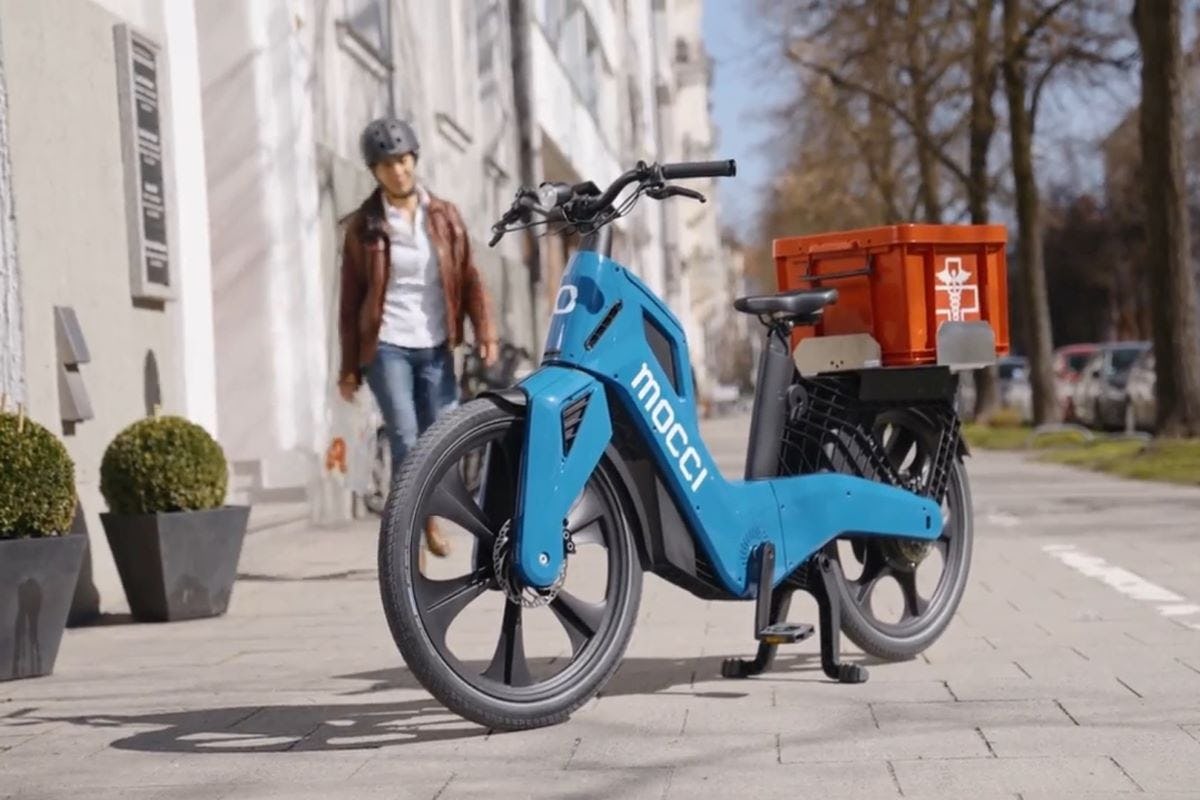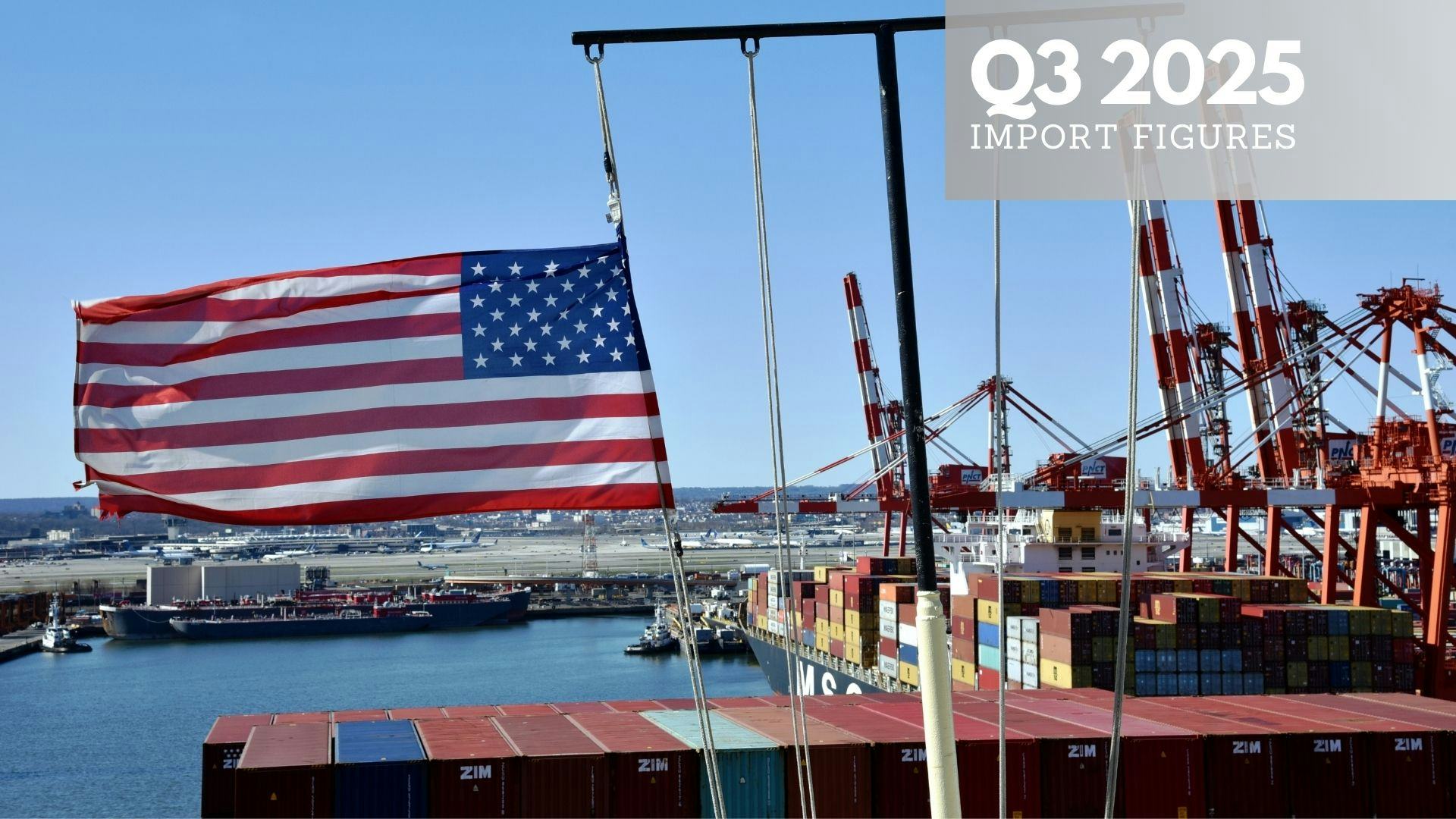“The study shows that the European Union is making a mistake in ignoring light, electric vehicles. Sustainable mobility and mitigating climate change cannot be achieved by electrifying vehicles only. The vehicles also need to become much lighter,” said Annick Roetynck, Manager of LEVA-EU, the European trade-association for Light Electric Vehicle (LEV) businesses who commissioned the research.
“Switching our car system to electric cannot reduce carbon emissions fast enough,” Dr Frauke Behrendt, of the Eindhoven University of Technology in the Netherlands. “Research and policy need to focus on micromobility and other light electric vehicles and their role in creating more sustainable and just mobility futures, not just in the West, but also globally. The LEV report provides important insights for this necessary transition.”
E-bikes and LEVs readily available
“E-bikes and other LEVs can be an important and readily available way to fast-track climate mitigating technology into the transportation sector,” said Prof. Christopher Cherry, Department of Civil and Environmental Engineering, University of Tennessee, lead of the LEVER research consortium of multiple relevant projects.
Substitution for passenger cars
The report, “The Potential of Light Electric Vehicles for Climate Protection Through Substitution for Passenger Car Trips – Germany as a case Study,” by the authoritative German Aerospace Center (DLR), will be presented today at the conference: The Future is Electric and Light!
The data quantifies how getting out of our cars and onto a smaller and lighter electric vehicle for our everyday mobility, be that an e-bike, a micro e-car or a scooter, would save 88% of greenhouse emissions, a whopping reduction of 57 million tonnes of CO2 eq per year, or 44% of greenhouse gas emissions produced by car trips.
According to LEVA-EU, “legal bottlenecks, particularly in technical legislation are very seriously hampering the technological and market development of LEVs. The results of the DLR-study should convince the Commission to prioritise those issues.”
The study
The DLR-study models a scenario in 2030. For the model, DLR has used 9 different LEV-types, i.e. e-scooter, e-bike, e-bike+ (allowing for cargo), speed pedelec, moped, motorcycle, microcars 45, 90 and 125 km/h. The analysis was done with vehicles available on the market, announced for sale in 2022 or tested in pilot projects. For the model, DLR used statistical data from the German 2017-survey “Mobilität in Deutschland“. For each substitutable car trip, DLR chose the lightest LEV that could replace the car, considering a variety of factors such as luggage, passengers, trip length etc. Of all car trips in the survey, 97% were less than 100 km, with 80% under 20 km! The calculation of the overall CO2eq emission saving per trip was aggregated for all trips and scaled up to a period of one year for Germany. With this model, DLR found the following.
- 76%, which is more than three quarters of all car trips could be substituted for LEV-trips;
- 50% of all car kilometres could be substituted for LEV kilometres;
- Each substituted trip would avoid on average 88% of GHG emissions from the substituted vehicle;
- That substitution would result in a reduction of 57 million tonnes of CO2eq per year;
- In absolute terms, the substitution would save 44% of GHG emissions;
- 44% savings represents just over a quarter of the German road transport sector’s emissions reduction target;
- Vehicle battery size and capacity are the decisive factors for overall GHG emissions from electric vehicles.
The study found that LEVs also offer considerable advantages beyond reducing emissions such as improving quality of urban life, by requiring less space on the road and when parked, in addition to the known health benefits of cycling in clean air.
“Given the urgency of action, for the climate and for energy security, such solutions should be explored more,” commented Celine Cluzel, ERM Partner, Element Energy, London, UK.






